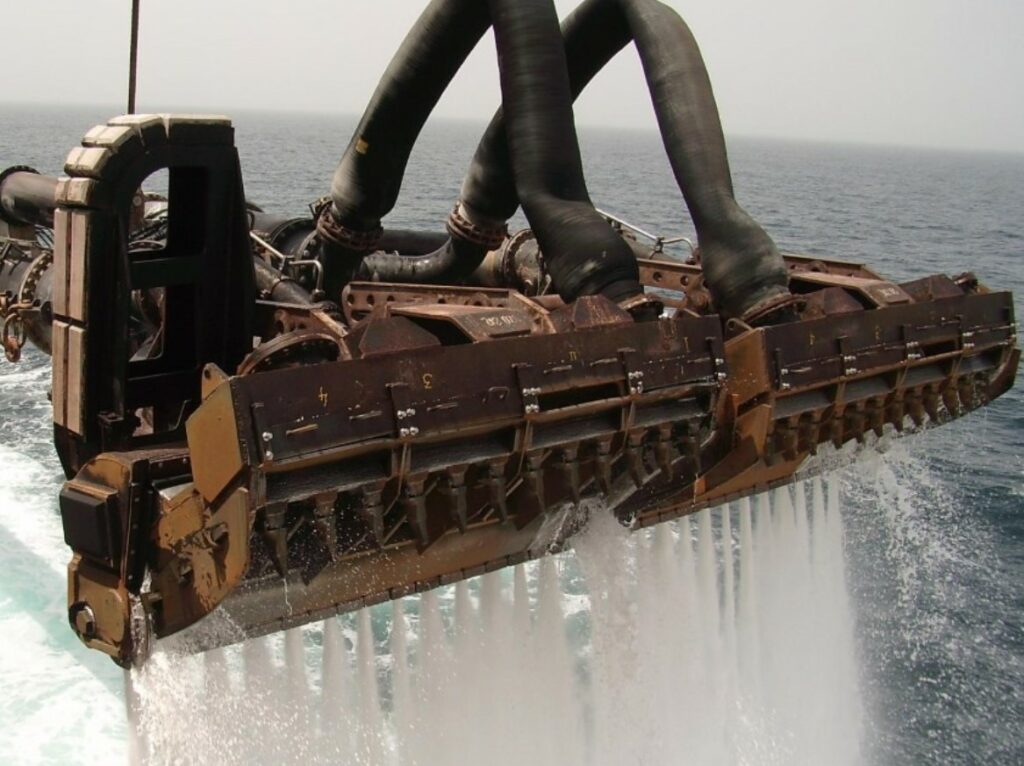

Strict regulation and enforcement will assist to control ecological destruction and solve problems facing the lagoon environment.ĭredging entails the excavation of material from sea, river or lake beds and its relocation elsewhere it is a necessary activity in infrastructural development. This project is designed to randomly sample the opinion of sand mining operators and residents and questionnaires were administered to obtain data. Sand dredging operations negatively influence ecological resources and water composition of the area. Turbidity values revealed that fishes will be negatively affected due to dredging activities moreover dwellers pay little or no attention to conservation of the area due to unawareness.

The project also determined the impact of dredging activities on the fisheries and fishing business in the environment. With exception of moisture content other sediment parameters measured were not significantly different (P > 0.05) between Dredged and Undredged areas.

One way ANOVA test indicates that all water quality parameters measured with exception of turbidity and nitrate concentration were not significantly different (P > 0.05) between Dredged and Undredged area. Significant differences in water quality parameters and sediments properties from Dredged and Undredged areas, and highly significant relationship between sand dredging and unsustainable ecological practices in Ibeshe were observed. Questionnaires were administered to community dwellers and sand miners to further analyze perception of locals. Surface water and bottom sediment samples were collected from locations partitioned into Dredged Area (DA) and Undredged Area (UA) in the lagoon for laboratory analyses. This study investigates the impact of sand dredging activities on coastal ecosystem and community survival around Ibeshe area of the Lagos Lagoon, Nigeria.


 0 kommentar(er)
0 kommentar(er)
